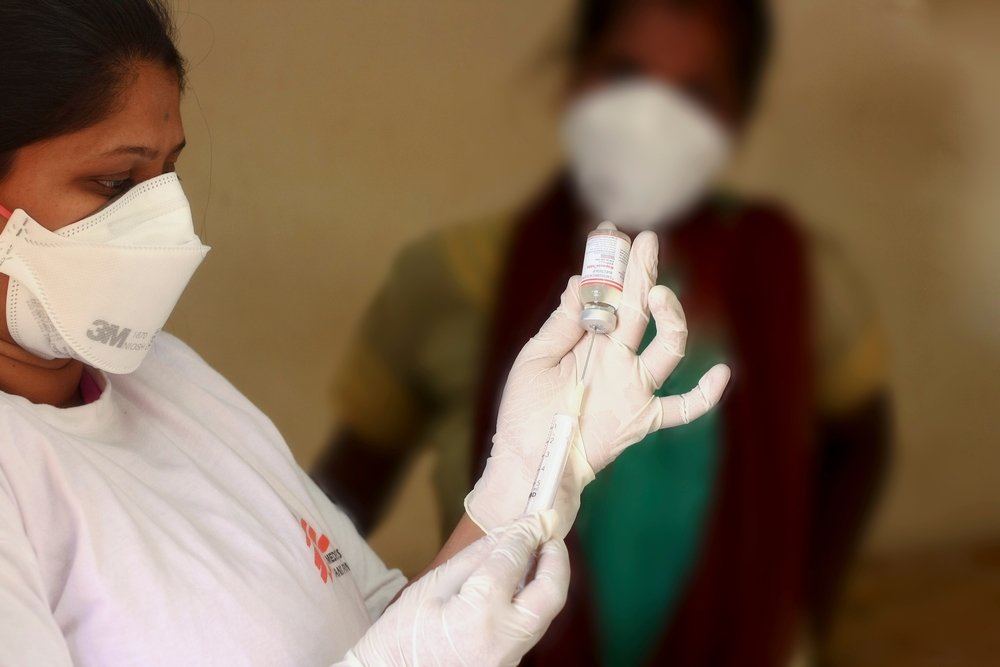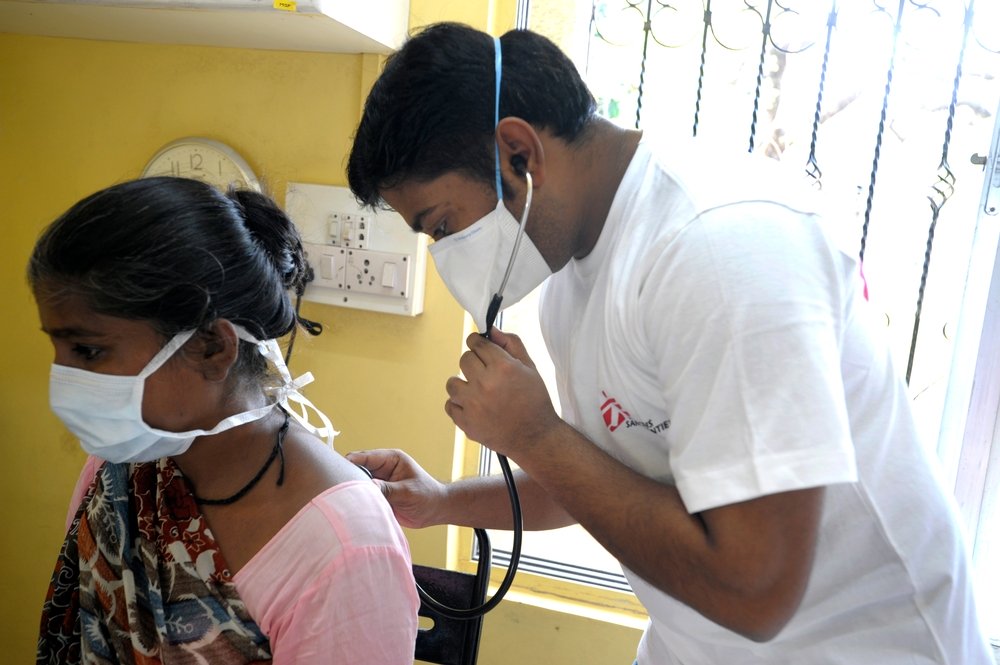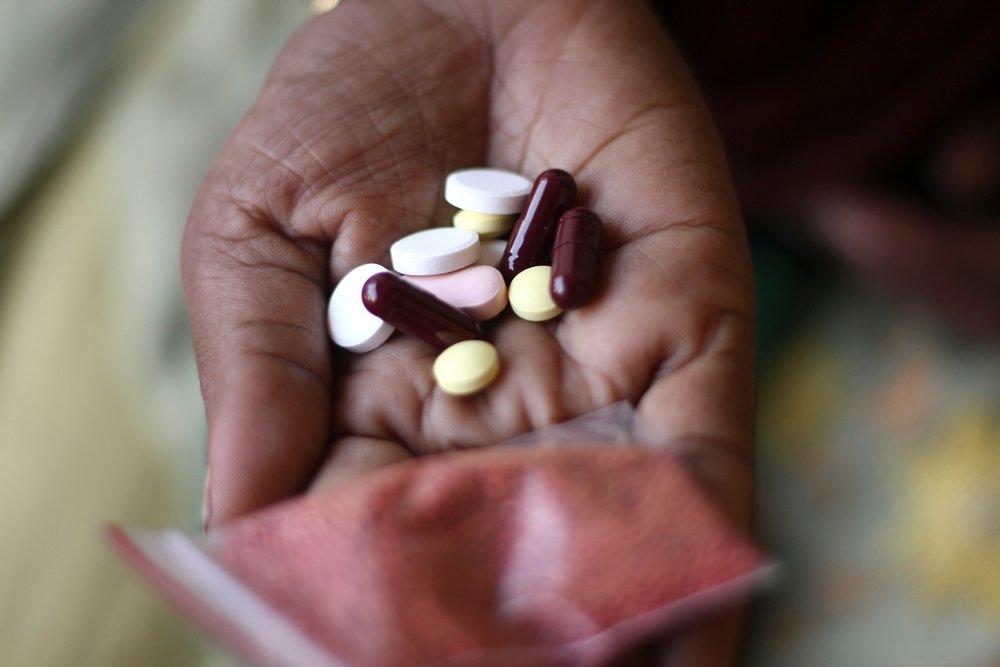
Delhi/Geneva – In a landmark case, the Indian Patent Office has issued the first-ever compulsory license in India to a generic drug manufacturer. This effectively ends German pharmaceutical company Bayer’s monopoly in India on the drug sorafenib tosylate, used to treat kidney and liver cancer.
The Patent Office acted on the basis that Bayer had not only failed to price the drug at an accessible and affordable level, but that it had also failed to ensure that the medicine was available in sufficient and sustainable quantities within India.
“We have been following this case closely because newer drugs to treat HIV are patented in India, and as a result are priced out of reach,” said Dr. Tido von Schoen-Angerer, director of the Doctors Without Borders (MSF) Access Campaign. “But this decision marks a precedent that offers hope: it shows that new drugs under patent can also be produced by generic makers at a fraction of the price, while royalties are paid to the patent holder. This compensates patent holders while at the same time ensuring that competition can bring down prices.”
Competition from the generic version will bring the price of the drug in India down dramatically, from over US$5,500 per month to close to US$175 per month -- a price reduction of nearly 97 per cent.
“This decision serves as a warning,” said Michelle Childs, director of policy/advocacy at the MSF Access Campaign. “When drug companies are price gouging and limiting availability, there is a consequence: the Patent Office can and will end monopoly powers to ensure access to important medicines. If this precedent is applied to other drugs and expanded to include exports, it would have a direct impact on affordability of medicines used by MSF and give a real boost to accessing the drugs that are critically needed in countries where we work,” she said.

Under the World Trade Organization’s TRIPS Agreement, which governs trade and intellectual property rules, compulsory licenses are a legally recognized means to overcome barriers in accessing affordable medicines.
The Indian decision actually mirrors similar moves made in other countries, including the US. In February 2011, the US Patent Office decided not to prevent a “generic” medical device used for skin grafts from being sold, but rather insisted that its manufacturer pay royalties to the patent holder.
“Behind this action is the idea that the public has a right to access innovative health products and they should not be blocked from benefiting from new products by excessive prices,” said Michelle Childs. “If more compulsory licenses are granted in this vein, the answer to the question of how to ensure affordable access to new medicines could radically shift.”
With today’s system, new medicines are patented and drug companies aggressively defend their monopolies, at the expense of patients who can’t afford the high prices charged. Instead, moving to a more equitable system would allow the production of new medicines produced by multiple manufacturers, each paying royalties to a patent holder. This would help recoup development costs and ensure that people in developing countries have access to lifesaving drugs.
This move marks the first time India’s patent law has been used to allow generic production of an unaffordable drug.
“More generic companies should now come forward to apply for compulsory licenses, including on HIV medicines, if they can’t get appropriate voluntary licences,” said Dr Tido von Schoen-Angerer.
Related content
Find out more about MSF's work in India.
